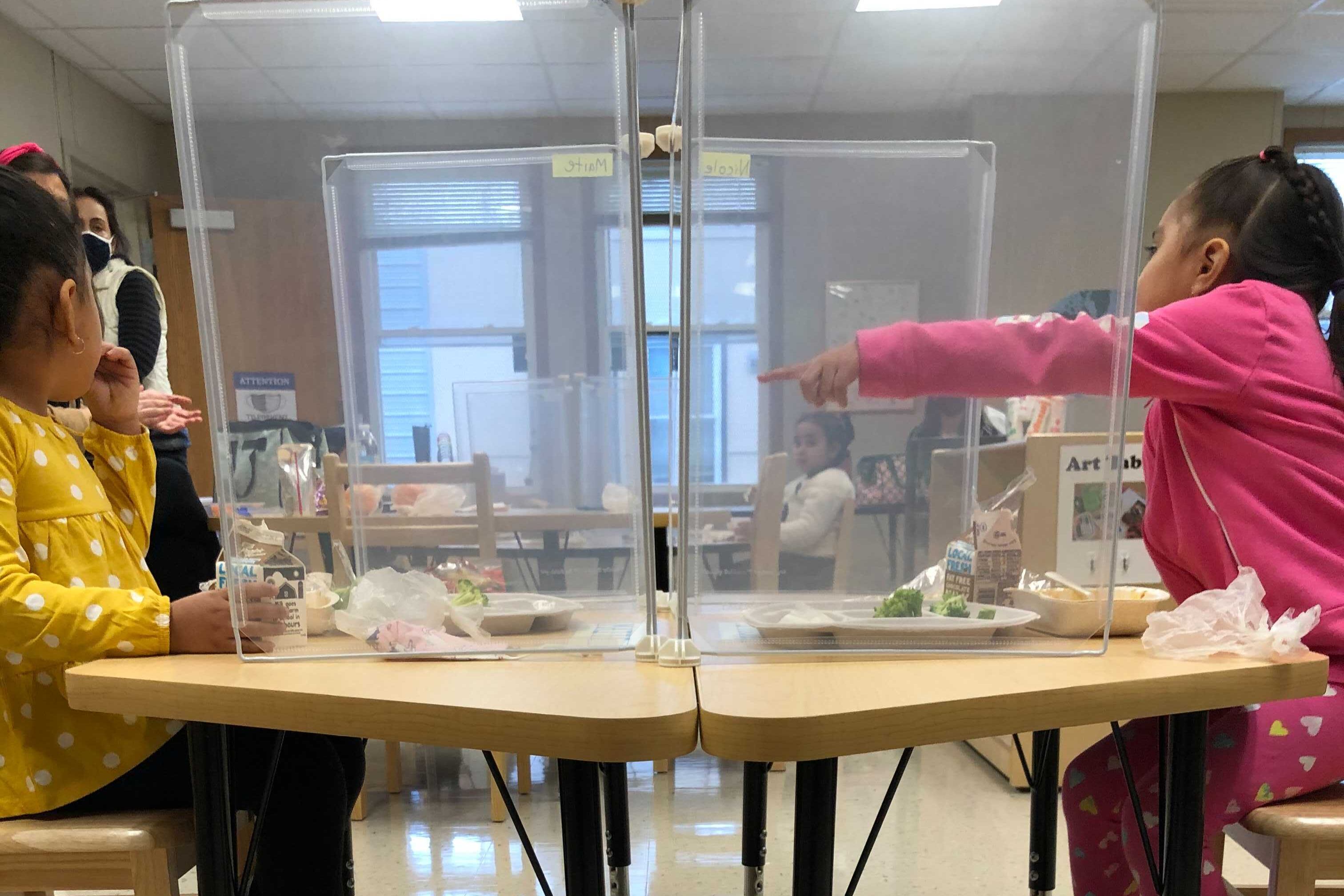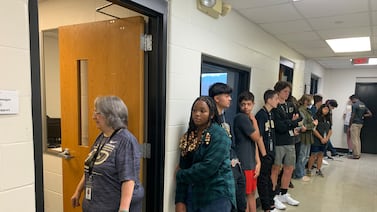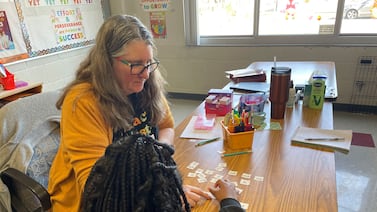El enfrentamiento entre los profesores y el distrito escolar, debido a la reapertura, tiene a los estudiantes y las familias de Chicago en un estado de incertidumbre. Queremos saber: ¿Qué decisiones están sopesando ahora mismo? ¿Y qué necesita su hijo en este momento?
Chalkbeat Chicago quiere escuchar a las familias y a los estudiantes. Nuestra breve encuesta servirá para conocer lo que están experimentando las familias y las preguntas que puedan tener. Planeamos utilizar los resultados de la encuesta para informar sobre nuestra cobertura. Si no se siente cómodo con el uso de su nombre, comuníquelo al final de la encuesta.
Si tiene problemas para ver este formulario en su teléfono móvil, visite aquí.






